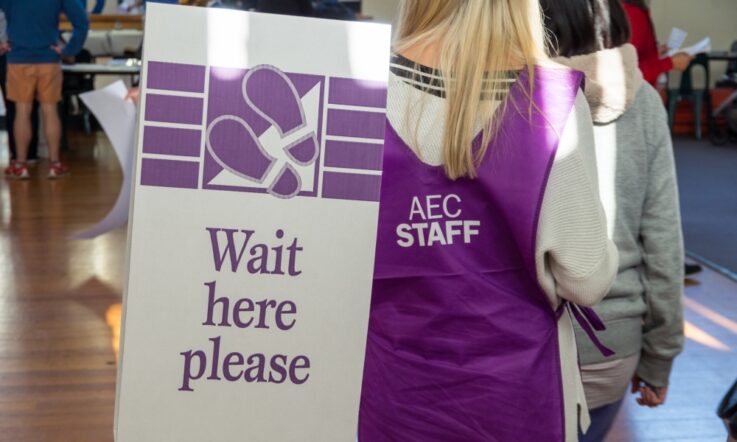Welcome to this edition of Researching education: 5 further readings. In this series, we take a look at some further readings available on a particular topic, including open access research papers from various online databases, and Teacher archive content you might not have come across yet.
In this edition of Researching education: 5 further readings, we’re sharing 5 pieces of content on the topic of citizenship and political voice from researchers in Australia and from overseas. In the resources below, you can read an article on the importance of Humanities and Social Sciences (HASS) subjects, a report sharing the advice year 11 students in Australia would give to politicians, and a literature review for early years’ educators in Victoria.
- Too young to vote but not too young to care: Year 11 students’ wellbeing and political voice. This report from the University of Melbourne shares findings from survey data from participants in a longitudinal study. More than 1,000 year 11 students were surveyed in 2022 about their physical and mental health, level of life satisfaction and issues important to them. They were also asked to provide advice to politicians, with a majority of participants saying politicians should act on climate change, and listen to young people and give them a voice.
- IEA International Civic and Citizenship Education Study 2022: Assessment Framework. The Civic and Education Study by the IEA (The International Association for the Evaluation of Educational Achievement) is an investigation of ‘the changing ways in which young people are prepared to undertake their roles as citizens across a wide range of countries.’ This paper presents the assessment framework and therefore provides insight into the study’s background, content, and assessment design.
- School Strike 4 Climate: The intersection of education for sustainable development, education for global citizenship and the Australian Curriculum. In this article, published in the Australian Journal of Environmental Education, the authors present an argument that the School Strike 4 Climate rallies are a demonstration of education for global citizenship (ECG) and education for sustainable development (ESD) in the context of the Australian Curriculum, as the rallies offer opportunities for connecting multiple learning areas from the Australian Curriculum with real-world issues.
- STEM, HASS and the Australian Curriculum: The case for active, informed and critical citizens. In a 2019 edition of the Australian College of Educator’s Professional Educator magazine, Professor Murray Print from the University of Sydney discusses the importance of HASS subjects in his article, STEM, HASS and the Australian Curriculum: The case for active, informed and critical citizens. ‘Through HASS subjects students can learn to deal critically and logically with subjective, complex and imperfect information (such as fake news), build skills in inquiry, writing and critical reading (essential for critical literacy), and become informed, active and critical citizens. To achieve this learning students need to experience more than History and Geography in the school curriculum,’ he argues.
- Assessment of children as connected with and contributing to their world in Early Childhood Education and Care: Literature review. This literature review focuses on one of the 5 Learning and Development Outcomes in the Victorian Early Years Learning and Development Framework: ‘Children are connected with and contribute to their world’. The aim of the review is to assist educators in breaking down this outcome’s 4 key components into elements that can be observed in play-based learning.
Some of the resources featured in this article can be found through Cunningham Library Catalogue and EdResearch Online. At the links below, you can search for more resources on the topic of citizenship and political voice in these 2 online databases.
- Citizenship and political voice: Cunningham Library Catalogue
- Citizenship and political voice: EdResearch Online
You can also browse other education topics at this page.
The Cunningham Library membership is open to individuals, schools and organisations. Membership includes access to a comprehensive collection of education research literature; weekday alerts to a selection of Australian education news; fast supply of articles and books from the collection; support in finding research; and an integrated online search tool that works across all our resources.
To become a library member, visit the website.



